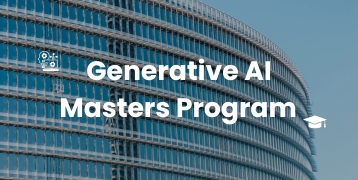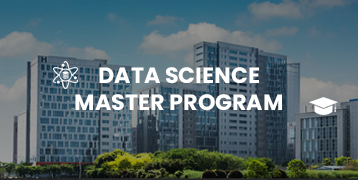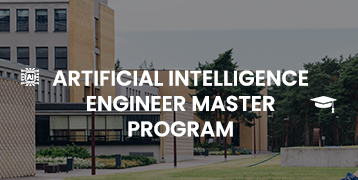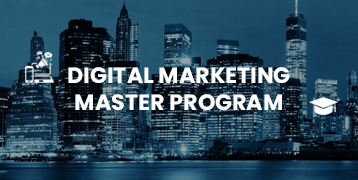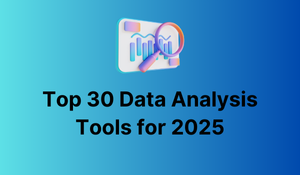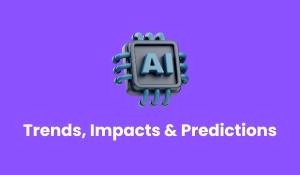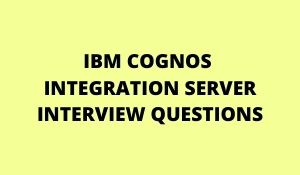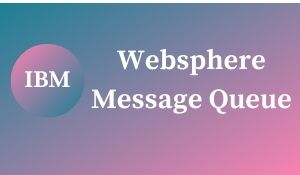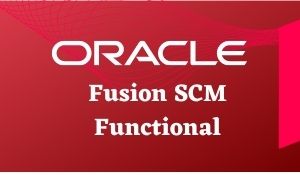
Initially, Oracle came up with the applications of Fusion in 2011. Some modules like HCM, CRM, and some Financials have been proven successful. With a blooming cloud market, the making mark of the Oracle Cloud in the applications of Supply Chain Management has been made. By considering the supply chain complexity, Oracle has come up with high-level improved features and functionality to cater to the requirements of the Client.
Oracle Supply Chain Management Cloud has some modules. For an easy way of understanding the high-level differences between cloud applications and EBS are provided wherever there is a requirement.
1. Product Management:
Oracle has come up with a Product Management module of the information to handle the information/data of the product. The Product Hub can provide various product solutions for product information management and Master Data management. Product Hub can be pre-integrated with some other modules of the Oracle ERP cloud. The product is a feature-rich and mature kind. Many of the EBS functionalities are available in the Cloud at present.
2. Order Management Cloud:
Initially, Oracle launched Order Management with the name ‘Order Orchestration’, with Order Entry only with the CPQ cloud. From Release 11 of Cloud Applications, Order Management has launched, in which the orders of the Sales can be created within the application of the native Cloud itself. Order Management is entirely re-architectured compared to the E-Business Suite. There is a new product that is highly technical in its features and can be built on a technology called FMW (Oracle Fusion SOA Middleware). By having the built-on SOA, FOM can be integrated with any kind of system through web services.
Distributed Order Orchestration (DOO) is considered the heart of Order Management Cloud, in which it can orchestrate the sales orders and can track the entire fulfillment lines until it gets its completion. DOO can be integrated into the systems of third parties to capture the fulfillment.
3. Pricing:
In the Fusion applications, the pricing can also be re-architectured. There a new modules that are used in the latest Marketing principles to price an item. The principles can be defined based on the segmentation and Customer Profile. Pricing products can offer flexibility in creating strategies to handle the segments of the customer efficiently. In contrast to the EBS, the product can look new. Most of the heard features like modifiers and Order qualifiers are handled in an entirely different way. Pricing can run on algorithms, matrices, and the Service Mapping.
4. Manufacturing:
Manufacturing is considered as the late entry into the applications of SCM stack. Released in R11 can be used to manufacture the module handles in Plant, Work centers/work areas. Work orders and work definitions. Moreover, the features can be available only for the execution, managing, and monitoring of the Discrete manufacturing. As of this date, Oracle does not have all kinds of functionalities to support the Process of Manufacturing.
Related Courses
| Course Name | Enroll Now |
|---|---|
| AGILE TRAINING | Enroll Now |
| ORACLE SQL TRAINING | Enroll Now |
| Oracle Fusion SCM Training | Enroll Now |
| ORACLE WORKFLOW TRAINING | Enroll Now |
| ORACLE PL/SQL TRAINING | Enroll Now |
5. Inventory and Costing:
Inventory management can handle the transactions of material within the warehouse. The Inventory module has most of the common features when compared to the EBS. Some of the features like move orders, Org transfers, cycle counting, and physical inventory are present from the release of the Cloud Applications as well. The product can acquire strength within the functionality of the REL 11 with the introduction of fulfillment techniques like Back-to-Back, and Internal Material Transfers ( IR-ISO in EBS), and can be consigned to Inventory flows. Moreover, in this module inventory, the replenishment can be restricted to the Min-Max planning.
Costing is considered as the module that can be re-architectured with EBS. The concept of entering the costs next to the transactions of inventory cannot be seen no more. Oracle costing introduces various concepts of the cost books and Cost Organization to handle the cost scenarios. The standard and average costings are supported until the latest release. Costing can offer the Landed Cost Management and Cost Accounting features of the latest release.
6. Global Order Promising:
GOP can be used for customers based on spanning supplies across modules like Manufacturing (work orders), Inventory, and Procurement (suppliers). It offers some of the features that help the users/customers with check availability and suitable analysis. Besides, it can also offer, Profitable to promise and capable to promise features to compare the methods of promising. GOP can be used for the sourcing rules and ATP that are needed for scheduling requests. Though it has offered some of the additional licenses to GOP, OM, is a little bit tightly integrated with the previous module by making it easy to check the availability of the items.
7. Planning:
Supply Chain Planning is defined as a product solution to handle supplies and demand by determining resource activities and forecasting demand along with the requirements of the material. Planning provides Planning Central, Demand Management, Sales and Operations Planning, and the services of Supply Planning Cloud. While Planning Central offers some basic features of supply and demand Planning offers advanced functionality for the supply-demand.
Oracle came up with the applications of Fusion in 2011. Some modules like HCM, CRM, and some Financials have been proven successful. With a blooming cloud market, the making mark of the Oracle Cloud in the applications of Supply Chain Management has been made. By considering the supply chain complexity, Oracle has come up with high-level improved features and functionality to cater to the requirements of the Client. Oracle Supply Chain Management Cloud has some modules. For an easy way of understanding the high-level differences between cloud applications and EBS are provided wherever there is a requirement.
Conclusion:
Hope this article helps you to know the complete details about Oracle Fusion SCM Functional. Still, if you have any queries regarding this topic, feel free to comment in the below section. Happy Learning!
👉 Related Article
🎯 Oracle Apps SCM Functional Tutorial
🎯 Oracle Apps SCM Functional Interview Questions



